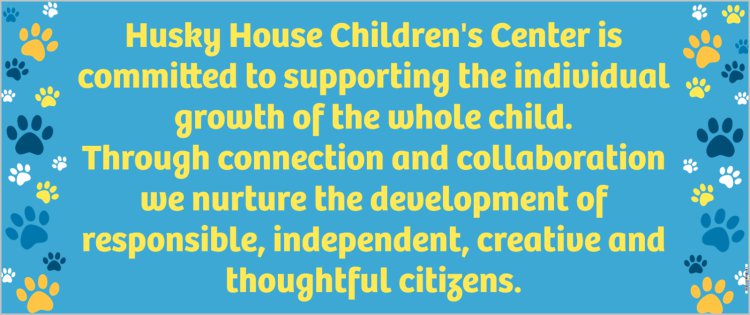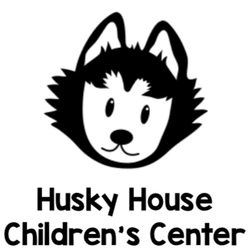Husky House has been serving families of the Happy Valley Community (and beyond) for over 30 years. Apart from the physical and emotional safety of the children in our care, our primary goals are inclusion and social-emotional learning.
Social-emotional Learning (SEL) is important for developing into healthy community members and supports academic performance. In fact, there is consistent evidence that exposure to SEL programs boosts academic performance by 11 percentile points.
Listed below are additional reading and resources to explain and expand on our beliefs and approach. Resources have been categorized to align with our Mission Statement for ease:
Social-emotional Learning (SEL) is important for developing into healthy community members and supports academic performance. In fact, there is consistent evidence that exposure to SEL programs boosts academic performance by 11 percentile points.
Listed below are additional reading and resources to explain and expand on our beliefs and approach. Resources have been categorized to align with our Mission Statement for ease:


